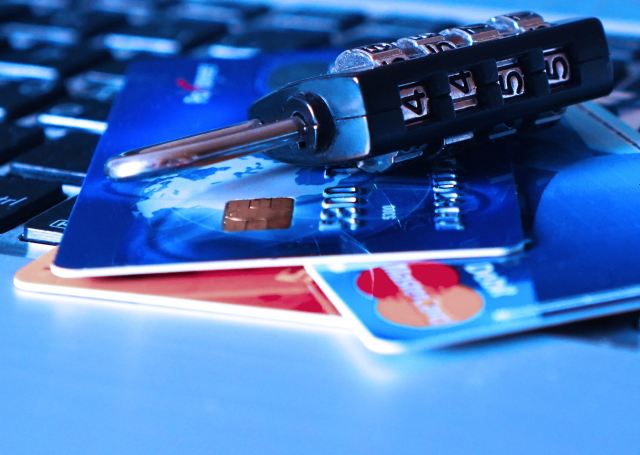Going abroad for a business trip or a vacation? What if your credit card gets declined as soon as you check into a hotel? That would be an unpleasant surprise. In order to avoid these unpleasantries, you should always be ready and well aware of the circumstances and situations that might arise while using your credit card abroad, be it Ajman bank credit card, Al Hilal bank’s or of any other bank.
Why your UAE credit card might get rejected abroad?
Apart from reasons such as the credit limit, card type and its international usability, listed below are some of the reasons which might get your card rejected abroad

Technology:
This might sound absurd but yes, there still exist technological differences. There are primarily two types of credit cards in UAE, one which uses the chip and pin/EMV (Europay Mastercard Visa) technology and the other one still uses the magnetic strip.
The main difference in the way these cards work lies in their name. In an EMV enabled card, there is a chip embedded in the card, where all the necessary details of the cardholder are encoded, the chip looks similar to that of mobile SIM cards. So instead of swiping the card and providing the signature, the EMV enabled cards are inserted into the machine and a pin needs to be punched which is stored in the chip.
Most of the countries, UAE included are adopting the EMV enabled credit cards such as CBD credit card etc, so if your card is not EMV enabled but a mag-stripe card, then you might face restrictions at automated kiosks, such as at the gas pump, vending machines where cardholders pay on their own. The problem normally arises with the US issued credit cards, as they still haven’t completely adopted the EMV.
Notifying your bank:
Seems like an imprudent reason at first, but it is wise to have your credit card provider informed in advance, before leaving the country. Banks have begun stepping their security up to prevent frauds and as precautionary steps increase so does the responsibility of the cardholder to accommodate these precautions. So, If you fly without prior informing your card or if you book a last minute flight, then it may get flagged as a suspicious purchase, resulting in your card getting blocked all the while you’re abroad, or even permanently.
Fraud prevalent places:
Most credit card companies have strong fraud monitoring mechanisms set up to monitor fraud prevalent countries such as Mexico, Brazil, etc. Chances of your card getting declined and blocked are high in these areas as a precautionary step taken by the cardholder. Hence if you are planning on traveling to a fraud prevalent country, then you may expect to run into such problems.
Unusual purchase:
Credit card providers usually maintain the spending history/pattern of an individual, if you have always been only paying bills with your card or using it only for purchasing small amounts and then you suddenly use your card purchase a diamond necklace in a shop in France, might lead to decline of your card as a result of fraud prevention precaution. It is one of the most common reasons for cards getting blocked abroad. Hence, avoid impulse buying with your card.
Machine not responding:
Sometimes, it might happen that your card is not getting processed in the POS machine, or getting rejected. This normally happens if your card is an EMV enabled card and a machine is a mag-swipe machine, then it will get rejected.
Blocked in certain countries:
It might also happen that you cannot use your credit in certain countries, this normally happens if the card provider has unauthorized their credit cards from being used in that particular country, or if the government has barricaded any form of transactions with that/those particular countries. For example, an American credit card cannot be used in Cuba. Something similar can be witnessed if you try using your UAE credit cards in Israel, but that could also be due to automated anti-fraud measure.
These were just a few reasons; there could be more. And the only solution to prevent such mishaps is to keep constant contact with your card provider before leaving for your trip and also while you are on your trip. Also do not forget to communicate all the necessary information such as contact number, an alternate contact, and your itinerary.
About the author
Hemanta Bijoy Kaushik is a personal finance writer. Discovering his love for writing, he has written a number of blogs on personal finances and other genres on various digital media platforms. He has completed his MBA from IMT and currently working at HDFC bank as Personal Banker. When he's not writing, you can find him exploring different cuisines and binge-watching TV series. Hemanta hopes to write a novel soon. You can check out his work on www.instagram.com/hemantakaushik



